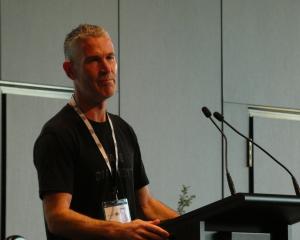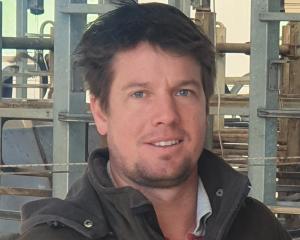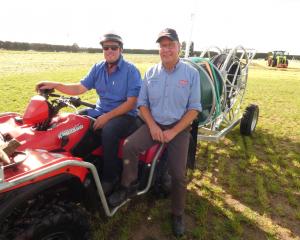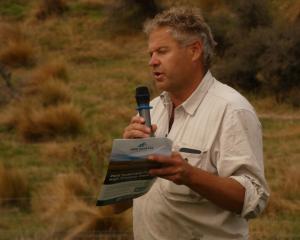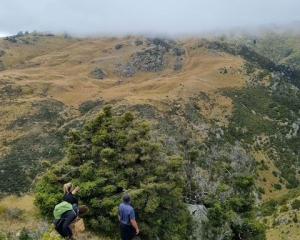
Announcing its result for the year ending September 30, the company said the figure included one-off costs of $48.2m including those associated with the closure of its Smithfield plant. That meant the underlying result was a $47.6m loss which was on turnover of $1.8 billion — down from $2b last year.
The result was described by chairman Mark Wynne as "disappointing", who said it reflected the tough global trading conditions, especially for lamb which accounted for a high proportion of the company’s portfolio.
Last year, Alliance posted a $70.1m after tax loss which came on the back of the previous year’s record profit. Last month, it confirmed the closure of the Smithfield processing plant in Timaru affecting about 600 staff.
In a statement, Mr Wynne said the company had launched a "comprehensive reset" designed to lift the performance of the company.
"The decisive steps we have taken means we have now turned a corner on a tough two years. We’re leaner, more agile and ready to ride the upturn in global red meat pricing. We have seen positive signs in the past few months," he said.
The decline in shareholder equity in recent years and the ongoing global market uncertainty meant Alliance had to make the tough but necessary decision to strengthen its balance sheet with capital from farmer-shareholders.
In April, the company announced a capital raise from cash-strapped farmer shareholders — saying it believed funding in the range of $100m to $150m, which was indicative only, over the next few years might be required.
In September, the company halved the share deductions from farmer shareholders, saying it listened to concerns the level was too high for some in the current economic environment.
"We understand the burden of asking our farmers to reinvest in difficult circumstances and we pulled every available lever, including reducing inventory, accelerating global market payments, and cutting operational costs, to ease the pressure,” Mr Wynne said.
The company had appointed Craigs Investment Partners to explore external capital-raising options and while it was very early stages of the process, there had been encouraging interest from both international and domestic parties.
"We will be assessing any external opportunities based on strategic fit, value and expected benefits for the company and our shareholders before making any decisions. Ultimately, the final decision will rest with our farmer-shareholders,” he said.
Chief executive Willie Wiese said global markets remained "exceptionally challenging" with prices remaining weaker as consumers continued to keep a tight rein on spending in the face of the cost-of-living crisis.
"Sales value and volume to the Chinese market nearly halved this past financial year. While China had been our largest market, we used this opportunity to develop significant commercial alternatives, making solid progress in establishing more stable and consistent markets outside of China.
"Although global markets remain tough, we saw steady demand growth throughout the year, with prices gradually climbing. Beef has been trading strongly above its five-year average price, driven by the drought in the United States. After two years of downward pressure on pricing, lamb now appears to be coming off the bottom of the price cycle," he said.
Voting has opened to fill two director positions on Alliance’s board. Three candidates — Gray Baldwin (Putaruru), Cameron Black (Riverton) and Matt Iremonger (Banks Peninsula) — are standing for election and the result will be announced at the company’s annual meeting in Gore on December 18.




